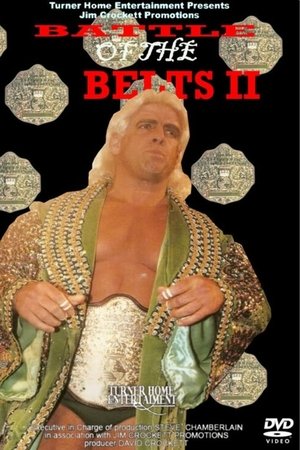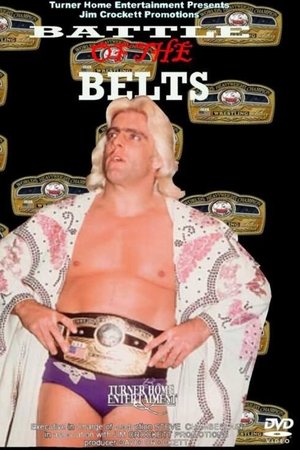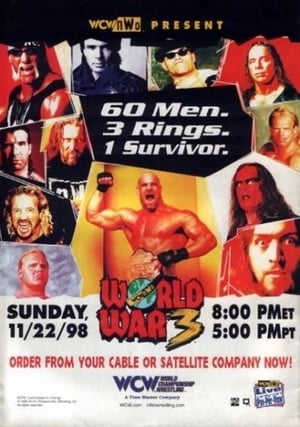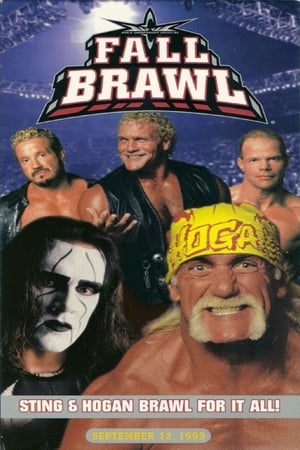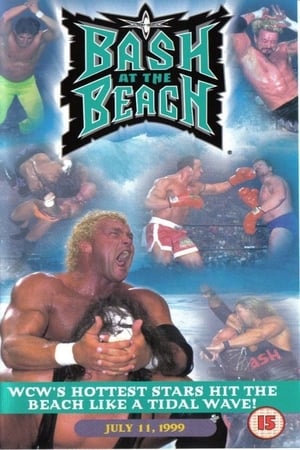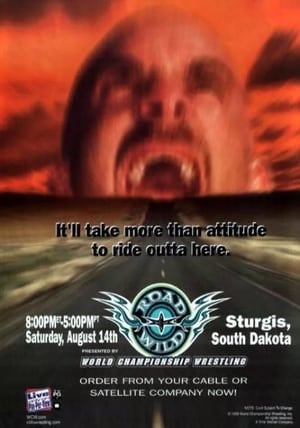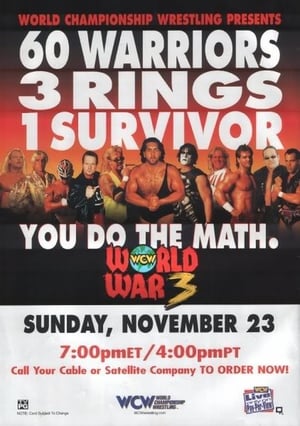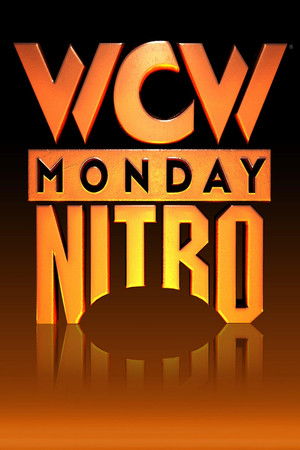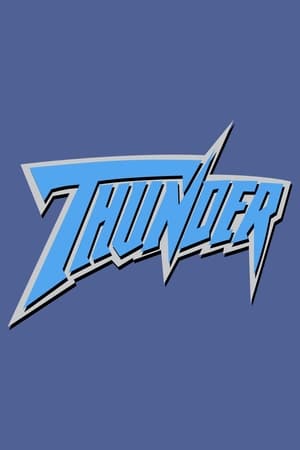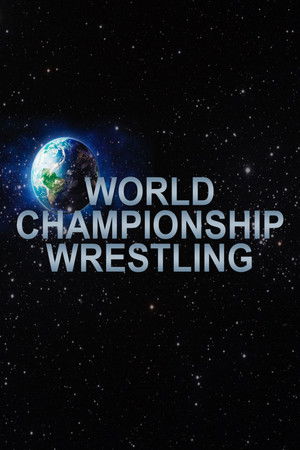Biography
Kendall Wayne Windham is an American retired professional wrestler, better known by his ring name, Kendall Windham. He is the son of Blackjack Mulligan and the brother of Barry Windham. He is best known for his appearances with World Championship Wrestling.
Kendall Windham started wrestling in 1985 for Championship Wrestling from Florida. He was very skinny but had the same moves and looks as his older brother, Barry. In his early days, he was a good guy (face) and teamed with Barry to feud with Ron Bass, Jack Hart and Kevin Sullivan's "cult". His biggest singles feuds were with White Ninja AKA Great Muta and The Cuban Assassin. He traded the Florida Heavyweight Title a few times with each of them.
In 1987, he ventured to the NWA's Jim Crockett Promotions where he teamed with The Italian Stallion and feuded with the MOD Squad, Spike & Basher. He never got above preliminary status and went to WCCW briefly at the end of 1988. In January 1989, he was back in the NWA teaming with another second generation wrestler, Dustin Rhodes, as the "Texas Broncos". In a match aired on January 28, 1989, Kendall teamed with Eddie Gilbert against his brother Barry and James J. Dillon of The Four Horsemen. Kendall turned on Gilbert and joined Barry and held up the four fingers to the camera. Before the next show, Dillon left for the WWF and the Horsemen name was dropped. The Windhams and Flair were given a new manager, Hiro Matsuda, and a new stable name, "Yamasaki Corporation". Kendall stayed with the stable (which grew to include Butch Reed and Michael Hayes) until the summer, when he left for Florida again.
On June 27, 1989, Windham won the FCW Heavyweight Championship from Dustin Rhodes. He obtained a new manager, Oliver Humperdink, and feuded with Rhodes. He soon left Humperdink for Robert Fuller's Stud Stable and by the end of 1989, was a member of Ron Slinker's "Strike Command". In 1990, he left Slinker and teamed with Fuller to win the Tag Team Titles, Upon losing them, they split and feuded.
Windham returned to WCW in 1997 with his head shaved and feuded with Chris Adams and Jim Duggan. In 1999, when WCW created a hardcore division, he entered it briefly and feuded with Hardcore Hak. In June, Windham joined The West Texas Rednecks in what would be the biggest push of his career. The Rednecks were his brother Barry, Curt Hennig and Bobby Duncum Jr. They were supposed to be heels feuding with Master P's rappers, The No Limit Soldiers, but the southern fans of WCW cheered the Rednecks instead. The angle was quickly dropped and they moved on to a feud with Harlem Heat. Kendall and Barry defeated Harlem Heat for the WCW World Tag Team Title's but lost them back to Harlem Heat three weeks later.
In 1990, Windham and his father Blackjack Mulligan were arrested by the US Secret Service in a joint investigation with the Florida Department of Law Enforcement for counterfeiting. The authorities found close to $500,000 in phony $20 bills. As a result of a plea agreement, both father and son spent 24 months in a federal prison and were released in 1992.


